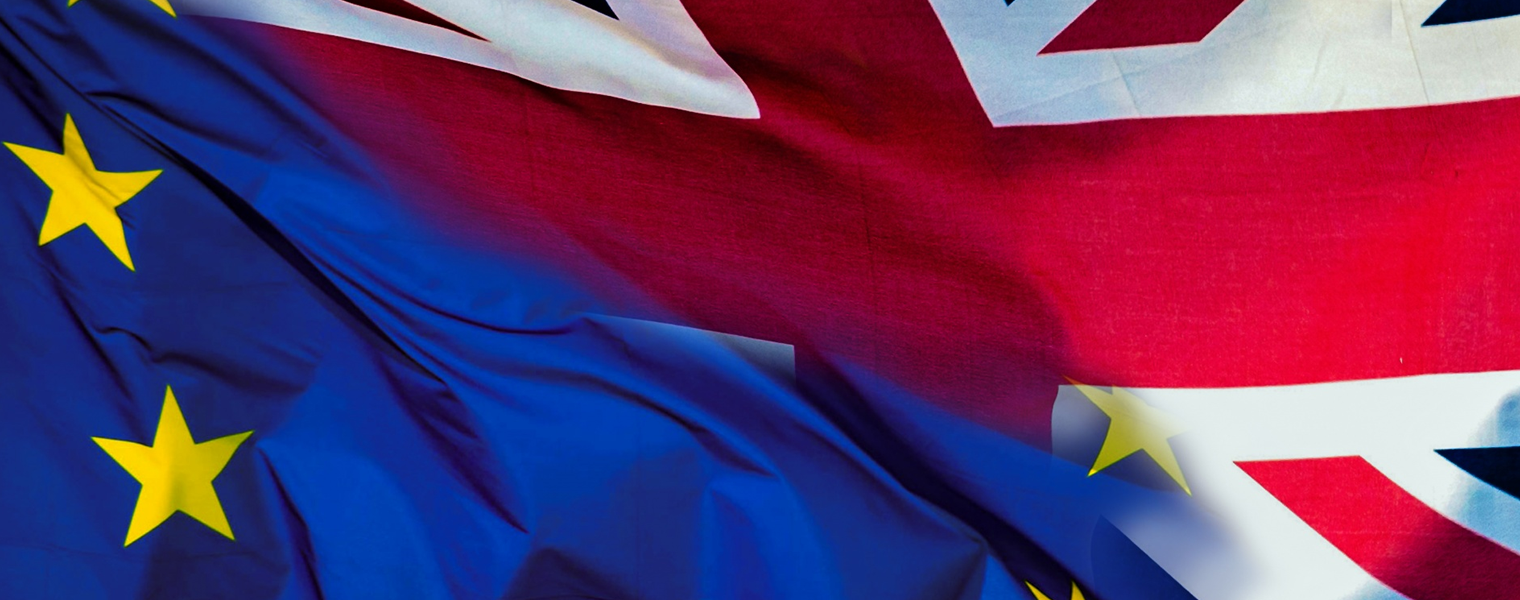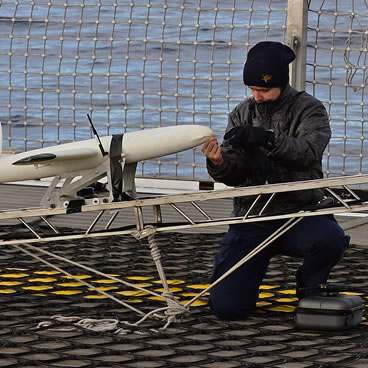Hartley News Online Your alumni and supporter magazine
It was an election result that few predicted. Now, after shaping our country’s government Theresa May and her team must turn their attention to shaping our country’s future.
Negotiating teams will no doubt be steeling themselves for negotiating the EU divorce and settlement on the one hand, while at the same time making preliminary plans for trade deals with the EU and non-EU partners for all eventualities.
In the short term to avoid complications over the validity and application of EU law, the UK parliament will adopt all presently enforced EU laws to ensure continuity. However, as soon as Brexit is completed the options available to the UK in departing from the EU legal framework, or continuing to complying with it where possible, will become relevant.
What direction will be followed depends on the trade deal that will finally be agreed with the EU.
Drawing from expertise across the University’s Institute of Maritime Law, Mikis Tsimplis, Professor of Maritime Law and Ocean Sciences, is leading a team of colleagues that will hopefully aid the planning of future UK marine and maritime policy.
The team is identifying the body of regulations and laws which come from the EU and those based on international legal instruments that have come via the EU, and which the UK would risk breaking its international agreements if not properly separated out.
The team consists of Professor Yvonne Baatz, Professor Andy Serdy, Dr Jingbo Zhang (LLM Maritime Law, 2010; PhD Law, 2015), Sofia Syreloglou (LLM Maritime Law, 2016), Professor Simon Quinn, Professor Dominic Hudson and Robert Veal (LLB Law, 2011; LLM Maritime Law, 2012).
The aim is to eventually produce a position paper on the potential impact of Brexit on marine and maritime regulations and initiate the discussion on the appropriate policies for the UK after Brexit. Already the team has hosted a workshop with key stakeholders to discuss some of the main policy areas.
In addition to looking at shipping, environmental and trade regulations the University team is also looking at how the position of London as the centre of dispute resolution in the maritime sector, will be affected.
The UK capital has long-been at the core of dispute resolution for the international shipping community with disputes on shipping contracts and insurance claims being resolved routinely in British courts or London arbitration and under English law. The legal choices that will be made on the issues of conflicts of laws could have an immediate impact across the industry, giving London an even higher reputational position in the world or losing some of the market to other centres for dispute resolution.
Mikis explained: “The system as it works now means that a decision taken in an English court is immediately enforceable across Europe.
“London is regarded as the centre particularly for settling disputes, but depending on what sort of Brexit we have this position could change.
“If it changes then the power to impose or enforce UK-based decisions to, at least, the EU area may become less important and maybe overtaken by a decision taken in one of the European courts.
“This may mean that this business will go away to other cities.”
Fisheries is another hot topic that researchers at Southampton are considering; again, separating out the layers of international and European regulation is at the heart of the work.
Mikis says: “Access to fishing grounds will be something that will have to be decided in the talks. From my perspective I believe environmental, shipping and fisheries legislation will have to be negotiated as a package. For example, EU standards for catching fish are a pre-requisite for selling them in the EU market, so those regulations can’t be negotiated in isolation.
If we don’t comply with EU minimum standards we won’t have access to its market.
According to Mikis the shipping industry is pushing for the removal of additional regulation that has been imposed by Europe with more stringent standards, for example, on the faster implementation of cleaner technologies than those enforced by the International Maritime Organisation.
But as Mikis points out lowering standards for vessels coming to the UK won’t necessarily benefit the country as it will simply mean that the population will be burdened with higher pollution levels than the rest of Europe.
“Stakeholders from the various industrial sectors, employees and citizen groups will each be pushing different agendas. For the past four decades such conflicts were resolved on European level and the compromises reached reflected rights and obligations in all member states. Now the UK will start dealing with these conflicts nationally.
One aim of the project is to identify what those areas are and put the policy options across in a way that is understandable to the general public and stakeholders,” added Mikis.
After Brexit the UK may take the opportunity to go even further with its environmental and shipping regulation, for example by insisting on even lower emissions of atmospheric pollutants than those imposed by the EU. But as Mikis points out this could risk driving away business from the country’s shores and with the immediate need to balance the books this looks unrealistic, at least for the immediate future.




